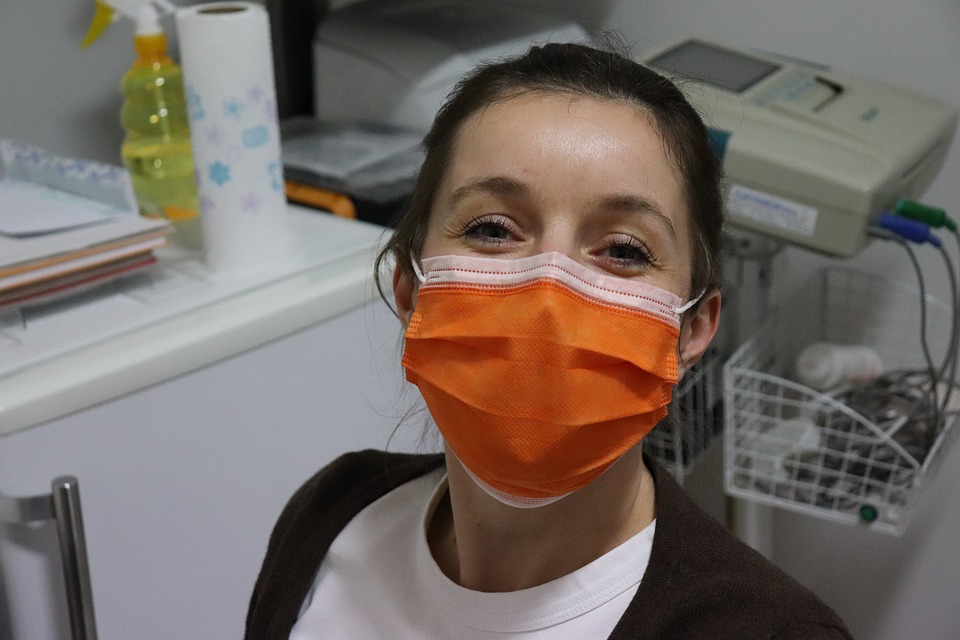CGFNS: How to Work as A Nurse in The United States
Navigating the landscape of nursing in the United States offers a multitude of opportunities and challenges. As a profession deeply rooted in compassion, expertise, and dedication, nursing plays a pivotal role in the healthcare system, serving as the backbone of patient care delivery. For aspiring nurses, whether domestically trained or internationally educated, understanding the intricacies of working as a nurse in the United States is essential for a successful and fulfilling career journey.
Get Quality Nursing Assignment Help from Top Nursing Papers
From licensure requirements to cultural considerations, the path to becoming a nurse in the U.S. involves a blend of education, practical experience, and regulatory adherence. Furthermore, the evolving healthcare landscape, technological advancements, and shifting patient demographics continually shape the roles and responsibilities of nurses across various healthcare settings.
In this guide, we’ll delve into the fundamental aspects of working as a nurse in the United States, providing insights into licensure pathways, educational prerequisites, career opportunities, and the ever-evolving landscape of nursing practice. Whether you’re a seasoned professional looking to transition to the U.S. healthcare system or a newcomer exploring the possibilities, this comprehensive resource aims to equip you with the knowledge and tools necessary to thrive in the dynamic world of American nursing.
Step 1: Ensure Compliance with Immigration Requirements
For foreign-educated nurses aspiring to work in the United States, adherence to U.S. federal immigration laws is paramount. Meeting the basic educational and professional prerequisites is essential. Here’s what you need to know:
Immigration Procedures
To migrate legally to the United States, you must satisfy the federal immigration criteria outlined comprehensively here.
You will require either a Registered Nurse Immigrant Visa (commonly known as a “Green Card”) or an H-1B visa.
- U.S. regulations mandate the completion of a screening program before obtaining an occupational visa.
- The Commission on Graduates of Foreign Nursing Schools (CGFNS) is authorized by the U.S. Department of Homeland Security to authenticate the qualifications of various foreign healthcare professionals, including registered nurses, for occupational visas.
- By undergoing CGFNS’ Visa Screen: Visa Credentials Assessment Service, you fulfill the screening program prerequisite.
- A “U.S.-based employer” must act as your petitioner for the visa. Your Visa Screen certificate should be included in all visa or green card petitions submitted on your behalf.
Educational and Professional Qualifications
To pursue employment as a foreign-educated nurse, you must fulfill some or all of the following criteria:
- Graduation from an accredited nursing education program in your country of study.
- Licensure as a Registered Nurse in another country.
- A minimum of two years’ experience working as a Registered Nurse.
- Additionally, some foreign-educated nurses may need to demonstrate English language proficiency by undertaking exams such as the Test of English as a Foreign Language (TOEFL), the Test of English for International Communication (TOEIC), or the International English Language Testing System (IELTS Academic). Exemptions may apply based on your country of origin.
Step 2: Credential Evaluation by CGFNS
Before applying for licensure, State Boards of Nursing mandate that you initiate the evaluation process with CGFNS International, Inc. This evaluation ensures the authenticity of your academic and professional credentials and assesses the comparability of your education to U.S. nursing standards. Additionally, you might need to undertake the CGFNS Qualifying Exam® to meet State Board prerequisites, fulfill immigration requirements for securing an occupational visa, and ascertain your readiness for the licensure examination.

Step 3: Achieve Licensure through Examination
To engage in nursing practice within the United States, securing a professional license from the state of intended employment is imperative. The regulation of Registered Nurse licenses falls under the jurisdiction of State Boards of Nursing, each with its own set of prerequisites.
Obtaining licensure typically necessitates successful completion of a licensure examination sanctioned by your state board. For internationally educated first-level nurses, opting for the CGFNS Certification Program® may be advantageous. This program encompasses:
- A comprehensive evaluation of credentials
- The CGFNS Qualifying Exam
- Assessment of English language proficiency
While the CGFNS Qualifying Exam may be mandated by certain state boards before NCLEX-RN eligibility, it serves as a valuable indicator of preparedness for the licensure exam. Opting to undertake this exam can provide insight into your readiness before committing to the licensure process.
Moreover, the Qualifying Exam fulfills the U.S. federal government’s screening requirement for occupational visa applicants.
For detailed requirements specific to the state’s board of nursing where you intend to practice, please refer to their guidelines.
4: Find a Registered Nursing Position
Once you have fulfilled all federal immigration prerequisites, undergone credential evaluation by CGFNS, satisfied the requirements of your State Board of Nursing, and successfully completed the licensure examination, you are poised to embark on your journey as a registered nurse in the United States!
While not obligatory, you might opt to collaborate with a nursing recruiter to facilitate your job search for registered nurse positions. These recruiters can also serve as your “U.S.-based employer” for your immigrant visa application.
To ensure ethical recruitment practices, consider verifying if your recruiter holds the Alliance for Ethical International Recruitment Practices Certified Ethical Recruiter seal on their website. This certification signifies adherence to ethical standards in international recruitment processes.
Get Quality Nursing Homework Help from Top Nursing Papers
